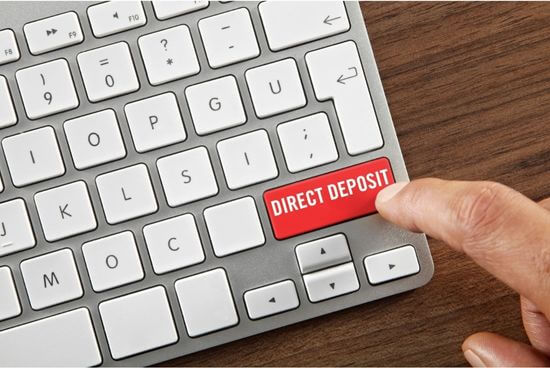Are you wondering when you’ll get your money from your direct deposit hits? Understand the immediate deposit process and when to expect payments with our guide.
When your employer processes payroll
The time it takes for your direct deposit hits your account largely depends on when your employer processes payroll. If they process payroll on Fridays, you can expect to receive your direct deposit the following business day (usually Monday). Money may take up to three business days to reach your account if your employer processes payroll on days other than Friday.
Additionally, it’s important to note that holidays and weekends can affect how long the funds are transferred.
How long it takes for the money to reach your account
Direct deposit is a fast and convenient way to deposit your wages directly into your bank account. In general, the time it takes for the money to reach your account will depend on your employer’s payroll processing schedule and your bank’s processing times.
For most employers, direct deposit payments are made on the same day that they process payroll. If you’re an hourly worker, this will typically be every two weeks; however, if you’re a salaried employee, it may be every week or every month, depending on your employer’s policy.
Banks are processing timelines, which can vary from bank to bank. Determine how long it takes for direct deposits to be credited to your account by checking with your bank. Sometimes, direct deposits can be received as early as the same day.
Ways to speed up the process
- Make sure your bank information is up to date: Ensure that the routing and account numbers you have provided your employer are accurate. If they are outdated, your direct deposit could be delayed.
- Contact your employer: Ask your employer if they can expedite the direct deposit process. Depending on their payroll system, they may be able to push the payment through faster.
- Sign up for a direct deposit service like Paycheck Direct or PayActiv to access wages before payday and receive payments faster.
- Set up automatic payments: Automating your bills, such as setting up autopay for credit card payments, can help ensure that your money is available when it needs to be. This helps reduce the time it takes for the direct deposit to hit your account.
- Ask for an advance: If all else fails, you can always ask your employer for an advance on your paycheck. While this may not always be possible, it’s a good option if you need access to the funds quickly.
What to do if your direct deposit doesn’t show up
If you’re expecting to see a direct deposit hits your account, but it doesn’t show up, there are a few steps you can take,
First, contact your employer and ask them when they will send the payment. Ensure that the information they have on file for you (check bank account number and routing number) is correct. If any of this information is incorrect, it could cause a delay.
Next, contact your bank or financial institution to find out if they received the funds.
If you still haven’t received your direct deposit after following these steps, contact your employer again and tell them that you haven’t received the funds. They may need to do some additional research or contact their payroll provider to get to the bottom of it.
Finally, if you still can’t get your money, keeping a can’t of your communication with your employer and your bank is a good idea. If you need to dispute or escalate the issue, you’ll have all the information to do so quickly and efficiently.

